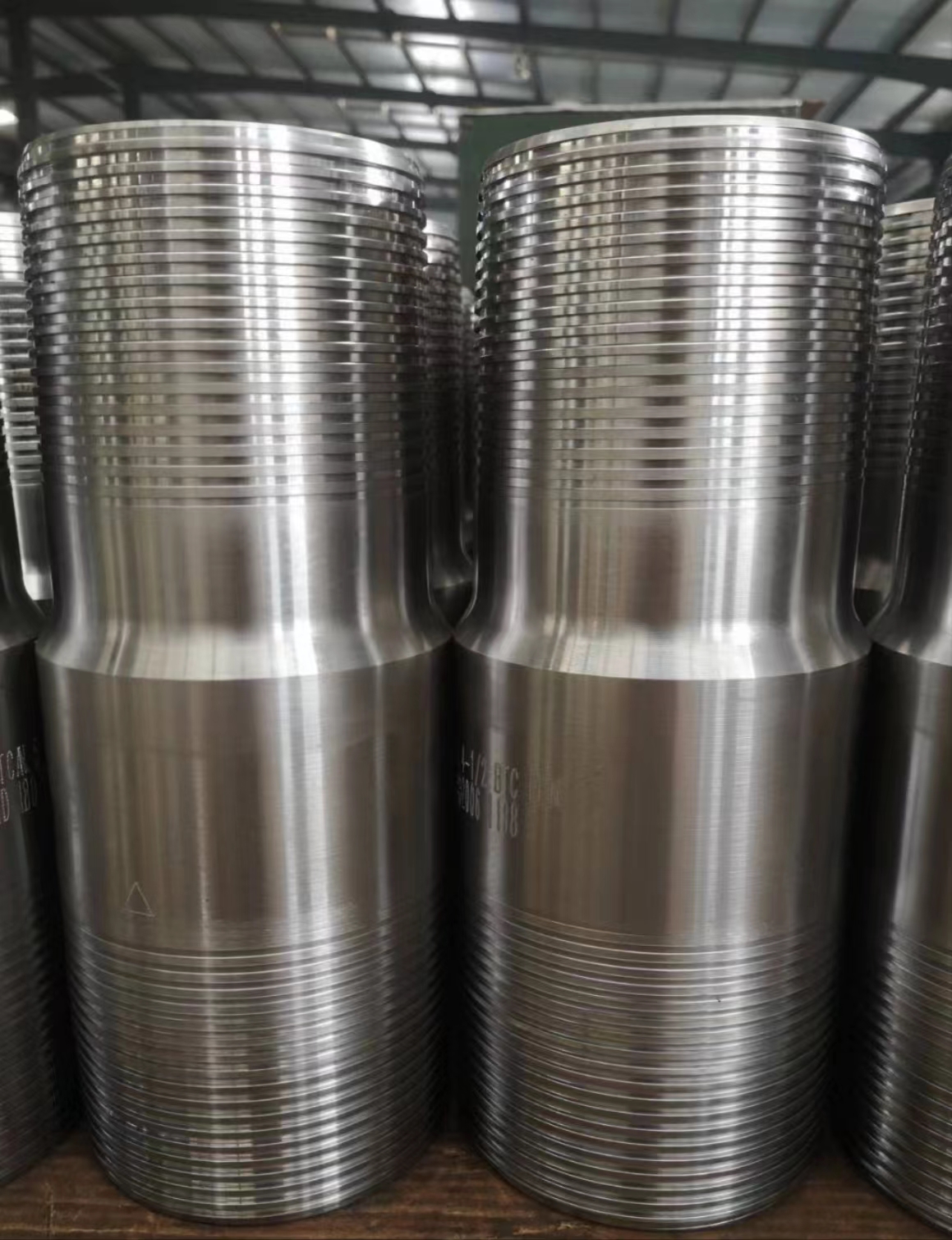- Afrikaans
- Albanian
- Amharic
- Arabic
- Armenian
- Azerbaijani
- Basque
- Belarusian
- Bengali
- Bosnian
- Bulgarian
- Catalan
- Cebuano
- Corsican
- Croatian
- Czech
- Danish
- Dutch
- English
- Esperanto
- Estonian
- Finnish
- French
- Frisian
- Galician
- Georgian
- German
- Greek
- Gujarati
- Haitian Creole
- hausa
- hawaiian
- Hebrew
- Hindi
- Miao
- Hungarian
- Icelandic
- igbo
- Indonesian
- irish
- Italian
- Japanese
- Javanese
- Kannada
- kazakh
- Khmer
- Rwandese
- Korean
- Kurdish
- Kyrgyz
- Lao
- Latin
- Latvian
- Lithuanian
- Luxembourgish
- Macedonian
- Malgashi
- Malay
- Malayalam
- Maltese
- Maori
- Marathi
- Mongolian
- Myanmar
- Nepali
- Norwegian
- Norwegian
- Occitan
- Pashto
- Persian
- Polish
- Portuguese
- Punjabi
- Romanian
- Russian
- Samoan
- Scottish Gaelic
- Serbian
- Sesotho
- Shona
- Sindhi
- Sinhala
- Slovak
- Slovenian
- Somali
- Spanish
- Sundanese
- Swahili
- Swedish
- Tagalog
- Tajik
- Tamil
- Tatar
- Telugu
- Thai
- Turkish
- Turkmen
- Ukrainian
- Urdu
- Uighur
- Uzbek
- Vietnamese
- Welsh
- Bantu
- Yiddish
- Yoruba
- Zulu
pipe mill
The Evolution and Future of Pipe Mills
Pipe mills have played a crucial role in the development of infrastructure and industrial processes across the globe. These specialized manufacturing facilities are dedicated to producing pipes used in various applications, including construction, oil and gas, water supply, and sewage systems. The history of pipe mills reflects the advancements in technology and manufacturing processes, which have significantly improved the efficiency, durability, and quality of pipes produced.
Traditionally, pipe manufacturing involved manual labor and rudimentary techniques. However, with the advent of the Industrial Revolution, pipe mills began to adopt mechanized processes. The introduction of electric welding and advanced machinery allowed for mass production and enhanced the precision of pipe fabrication. These changes not only increased output but also reduced costs, making pipes more accessible for diverse applications.
Today, modern pipe mills utilize sophisticated technologies, such as Computer Numerical Control (CNC) machines and automated production lines
. These innovations have enabled manufacturers to produce pipes with varying specifications, materials, and coatings, catering to the specific needs of different industries. For instance, the use of high-strength steel and corrosion-resistant coatings has led to the production of robust pipes that can withstand challenging environments, such as those found in the oil and gas sector.pipe mill

Sustainability is also becoming a focal point in the pipe manufacturing industry. As environmental concerns grow, pipe mills are increasingly adopting eco-friendly practices. This includes recycling scrap metal and utilizing energy-efficient equipment, which not only reduces waste but also lowers the carbon footprint of the manufacturing process. Furthermore, the development of pipes that improve water efficiency and reduce leakage aligns with global efforts to conserve resources.
Looking forward, the future of pipe mills holds promising potential. The integration of smart technologies, such as the Internet of Things (IoT) and artificial intelligence (AI), is set to revolutionize the industry. These technologies can enable real-time monitoring of production processes, predictive maintenance of machinery, and improved supply chain management, ultimately leading to enhanced productivity and reduced costs.
In conclusion, pipe mills have evolved significantly from their humble beginnings, embracing technology and sustainability to meet the demands of a modern economy. As the industry continues to innovate, pipe mills will play an essential role in supporting infrastructure development and promoting environmental responsibility in an increasingly interconnected world. The journey of pipe mills is far from over, with exciting developments on the horizon that promise to shape the future of manufacturing.
-
Tubing coupling plays a significant role in the chemical industryNewsApr.03,2025
-
The Importance of Tubing Crossover in Various Industrial FieldsNewsApr.03,2025
-
The characteristics and important role of Tubing Pup JointNewsApr.03,2025
-
Characteristics and functions of Pup jointNewsApr.03,2025
-
Characteristics and Functions of Pup Joint PipeNewsApr.03,2025
-
Application of Coupling Casing in Various ScenariosNewsApr.03,2025







